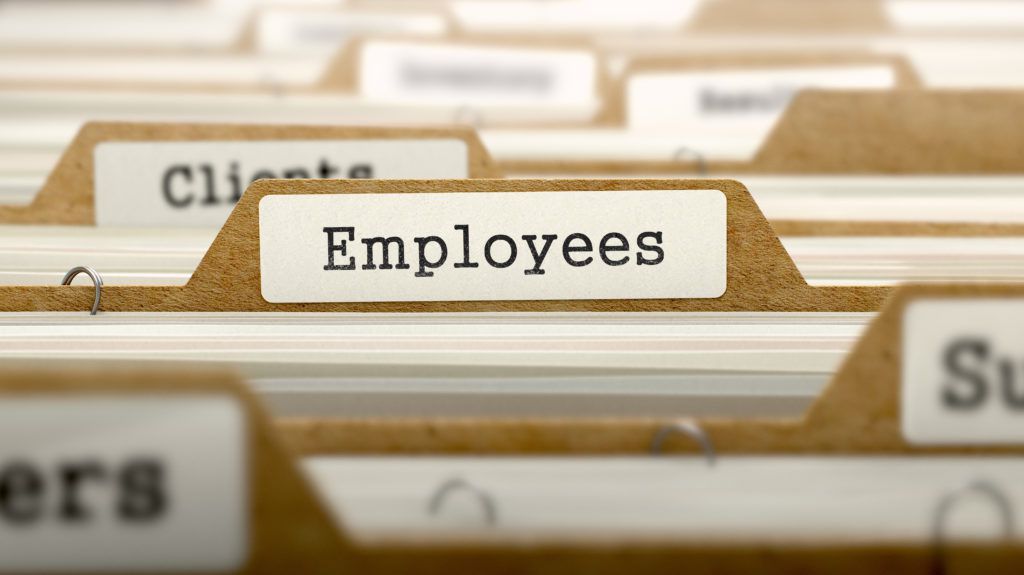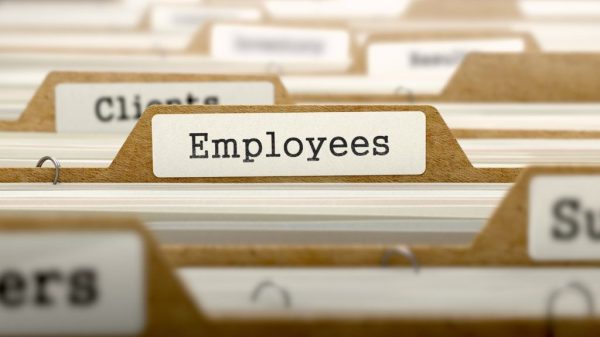Employee data may be used for different purposes by a company, as it includes basic information of employees, such as personal information of employees, contact addresses, job performance records, compensation information, transactions etc. Employee data is of utmost importance, and thus, it must be maintained properly in order to prevent the data from being misused by fraud or third parties in general.
Read more about Career
Below are some ways to manage employee data:
-
Formal Policies And Procedures Should Be Put In Place
A formal data security policy defines the type of sensitive information the company will protect, and how the company will protect such information. It should also be made known that employee data will only be collected for legitimate business purposes, and the employees should also be taught to raise an alarm whenever they suspect that someone has gained unauthorized access to protected information. Additionally, it should be clearly stated that unauthorized copying, transmitting, viewing, or use of sensitive employee information is subject to discipline, including termination or any other consequence.
-
Maintain Records Securely
Administrative, technical, and physical controls should be implemented to properly secure employee records. Electronic records should also be encrypted, password protected (which should be changed frequently), and maintained on a secure server. Evaluate electronic systems regularly to ensure that new technology and viruses do not compromise security. While for paper records, they should be stored and secured in locked locations, with access limited to the individual(s) chiefly responsible for maintaining these files.
-
Restrict Access
Not everyone needs to know everything. Restrict access to those who have no need to know the information. For example, managers should only be given access to the performance information, such as their employees’ attendance records and performance reviews.
-
Keep An Access Log And Monitor It
A log of everyone who accesses employee data should be kept at all times, including the date of access, and reason. If employee records are stored electronically, ensure that the software is able to control and log when records are accessed and by whom. Audit paper and electronic logging systems frequently, to help ensure access is properly traced.
Sign up to the Connect Nigeria daily newsletter
-
All Incidents Of Unknown Access Should Be Thoroughly Investigated
If you learn that someone may have accessed employee records without proper authorization, whether on purpose or not, the incident should not be let to slide, without any investigation. Following the investigation, determine whether improvements are needed to better protect employee records and/or whether disciplinary action is appropriate. This could be monitored by following a timeline for the reviewing and updating of employee documents. Also, review applicable laws to ensure compliance, and that the situation never repeats itself.
-
Dispose Off Records Properly
Generally, or at the end of every retention period, employers must dispose all employee records, so that they can’t be read or reconstructed. Examples include, but are not limited to, burning, shredding or pulverizing the records, so that the information can’t be read or reconstructed. You must ensure the destruction or removal of electronic media containing the employee information, and contracting with a reputable third-party vendor to properly dispose the records in compliance with federal regulations. Note that hard copy employee documents should not be kept in the trash can.
-
Keep Supervisors Up To Date
Supervisors or employees need to be trained on the company’s data security policies. In addition, employees who have access to sensitive information should be trained on the company’s procedures for how to prevent unauthorized access to confidential information, how to respond to security breaches, and how to properly dispose of employee records. The training should also cover common tactics used by identity thieves and hackers to gain access to sensitive information, such as social engineering and phishing.
Featured Image Source: Information Age
Got a suggestion? Contact us: [email protected]


